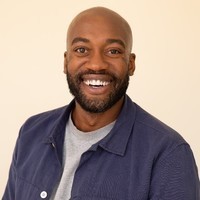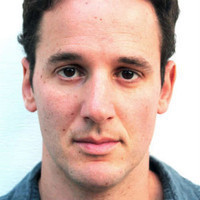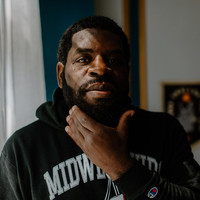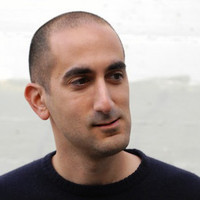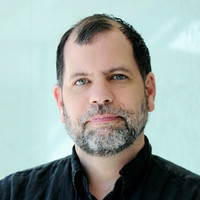Taylor Lorenz just announced she is leaving her job covering internet culture for The Atlantic to join The New York Times.
“With technology and internet culture, I am more of an optimist than a lot of other people who cover those topics. It’s more ambiguous for me. It's more like, ‘This is the world we live in now and here are the pros and here are the cons. There are a lot of cons, but there are also these pros.’ I like how things shift and change under me. I like to see how things are constantly evolving.”
Thanks to MailChimp and Pitt Writers for sponsoring this week's episode.

